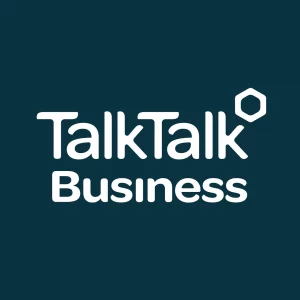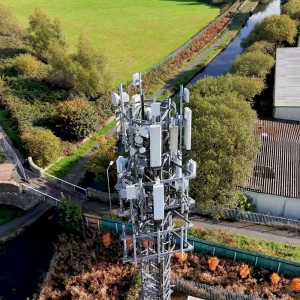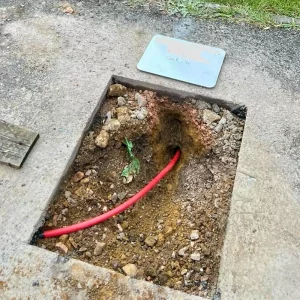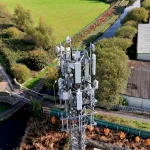Sponsored Links
Ofcom Proposes New UK Broadband ISP Market Competition Definitions
Posted: 20th Aug, 2010 By: MarkJ
 Market regulator Ofcom has today opened a short re-consultation on the UK market definition element of its Wholesale Broadband Access (WBA) review. The move could potentially have repercussions for the price that broadband ISP customers pay for their service, depending on where you live in the country.
Market regulator Ofcom has today opened a short re-consultation on the UK market definition element of its Wholesale Broadband Access (WBA) review. The move could potentially have repercussions for the price that broadband ISP customers pay for their service, depending on where you live in the country.At present Ofcom classifies different parts of the country based upon the amount of competition from Principal Operators (POs) / ISPs in any given area (e.g. Market 1, Market 2 and Market 3). Market 3 areas are typically home to 4 or more providers and thus have the lowest prices due to de-regulation, while Market 1 is essentially the opposite.
Ofcoms UK Broadband Market DefinitionsSince Ofcom's first consultation in late March 2010 there have been some important changes. Specifically Orange UK, which is one of the seven ISPs that Ofcom defines as a Principal Operator ( BT , C&W , O2 , Orange , Sky Broadband , TalkTalk Group (TTG) and Virgin Media ), has handed control of its broadband network over to BT (original news).
* The Hull area: (0.7% of UK premises);
* Market 1: exchanges where only BT is present (14.2% of premises);
* Market 2: exchanges where two or three POs are present or forecast (13.8% of premises); and
* Market 3: exchanges where four or more POs are present or forecast (71.3% of premises).
The European Commission (EC) has also expressed its concern to Ofcom about the fairness of such definitions, which some ISPs like PlusNet use as a means of charging certain BT covered areas more (Market 1) for the same service than others (Market 2/3).
The EC notes that, in its view, geographic delineation which is based primarily on the number of operators present is not, in itself, sufficiently detailed or robust to identify real differences in competitive conditions for the purpose of geographic market definition.
Finally BT believes that some parts of the proposed Market 2 have competitive conditions that are more similar to the proposed Market 3 areas. Given this, BT believes that some parts of Market 2 should be moved to Market 3 and, accordingly, de-regulated. As a result of all this Ofcom has proposed to adjust the definitions as follows.
Ofcoms UK August 2010 Broadband Market Definitions ProposalThe consultation, which will run for a period of six weeks to 1st October 2010, could result in some people having access to cheaper broadband ISP services. However the proposals are more difficult to assess and other locations, especially those that were previously served primarily by BT and Orange's unbundled network, will see little benefit.
* The Hull area: (0.7% of UK premises);
* Market 1: exchanges where only BT is present (11.7% of premises);
* Market 2: exchanges where two POs are present or forecast and exchanges where three POs are present or forecast but where BTs share is greater than or equal to 50 per cent (10.0% of premises); and
* Market 3: exchanges where four or more POs are present or forecast and exchanges where three POs are present or forecast but where BTs share is less than 50 per cent (77.6% of premises).
Search ISP News
Search ISP Listings
Search ISP Reviews
Latest UK ISP News








Cheap BIG ISPs for 100Mbps+
150,000+ Customers | View More ISPs
Cheapest ISPs for 100Mbps+
Modest Availability | View More ISPs
Latest UK ISP News
Helpful ISP Guides and Tips
Sponsored Links
The Top 15 Category Tags
- FTTP (6717)
- BT (3862)
- Politics (3033)
- Business (2733)
- Openreach (2628)
- Building Digital UK (2486)
- Mobile Broadband (2434)
- FTTC (2131)
- Statistics (2100)
- 4G (2062)
- Virgin Media (1997)
- Ofcom Regulation (1761)
- 5G (1692)
- Fibre Optic (1586)
- Wireless Internet (1581)
Sponsored
Copyright © 1999 to Present - ISPreview.co.uk - All Rights Reserved - Terms , Privacy and Cookie Policy , Links , Website Rules































